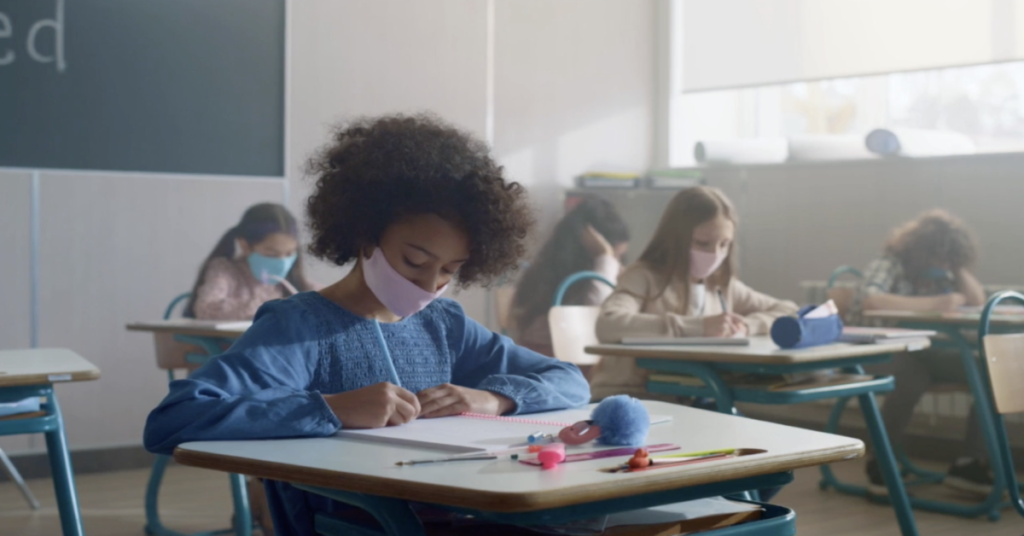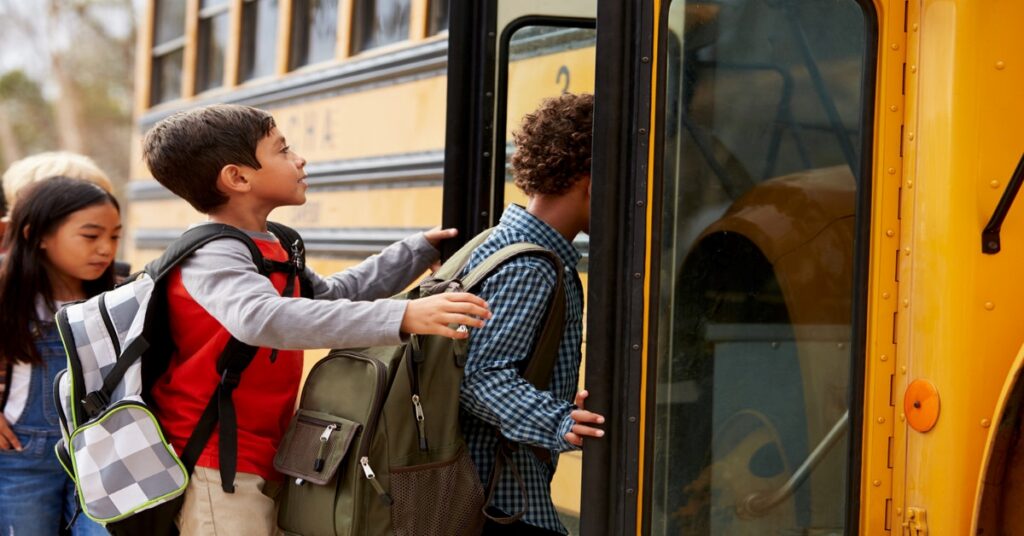What is the The Rehabilitation Act?
The Rehabilitation Act gives disabled students the right to a free and appropriate public education. This means that schools are required to give disabled students the accommodations they need to learn effectively. A 504 plan is a plan made by the school district to provide these accommodations. For example, a 504 plan made for a […]
What is the The Rehabilitation Act? Read More »










